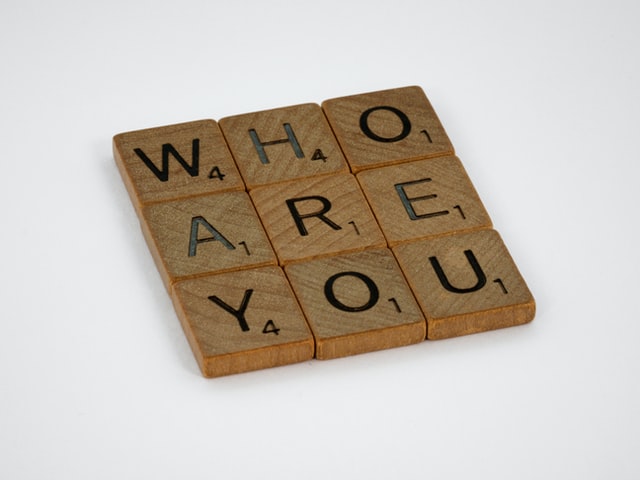Photo credit: Brett Jordan
Trevor Noah, the host of Comedy Central’s The Daily Show since 2015, was recently interviewed by Arsenio Hall: That’s where I’m headed in this post. In the show’s earlier years (1990’s-2000’s), it was on too late for me, I didn’t really watch TV, and I therefore didn’t own cable channels. Talk shows with live audiences also rarely appeal to me because I get distracted by the energy of the audience and the speakers’ focus on the audience reactions.
The few clips I saw of Trevor Noah when he first replaced Jon Stewart in 2015, I liked Trevor instantly, but I still didn’t watch the show: I didn’t know when or where to watch it, I still didn’t like the live audience, and (this is a whine?) I also didn’t enjoy watching formal interviews conducted by people in button-up shirts and suits that literally made me uncomfortable. At the end of the work day, I want to relax. Suits and button-up shirts make my freedom-loving skin crawl.
When the Covid pandemic kicked in, Trevor Noah moved The Daily Show to his studio apartment in Manhattan, and it became The Daily Social Distancing Show. It became just Trevor and the camera. That’s when I started to watch daily on YouTube. Trevor Noah spoke directly to the camera (the viewer) instead of performing for an audience. (I have to plug that he is an amazing performer regardless!) In addition, he donned a new colorful hoodie every day.
He looked comfortable, and it felt like he was finally speaking to me, the way radio speaks to a listener.
His daily analysis of current events, his “lens”, always gives me meaningful things to think about- things shocking, disturbing, sometimes traumatizing- and also things to laugh about at the same time. He’s a “both/and” kind of journalist, and his daily interpretation of the news became a staple for me during the pandemic. It is through him I digested Covid statistics, the Black Lives Matter movement, The U.S, Presidential Election, and many other things small and large in 2020 and 2021. I love listening to him interview, and be interviewed.
For someone so funny and entertaining, he’s a deep and global thinker. His book Born a Crime, about his existence being illegal in apartheid South Africa (Black mother, White father),has been on the NY Times’ Bestseller List for years. The documentary on his life and rise as a comedian from South Africa to the United States, titled You Laugh, But It’s True, captures just how talented and insightful he is, his journey as a comedic professional, the culture in Johannesburg he was raised in as a child…. and some racist comedic contemporaries who were not his fan.
Now that society, at least in the United States, is softening the “pandemic mode”, the daily broadcasts from his apartment will be coming to an end. He recently announced that he doesn’t know what the show is going to look like after he takes a few-months break, but that he’ll be back on the show, and also that he’s going on the road to tour in person in coming months — the Back to Abnormal Tour. (Nowhere near me—rats!)
I was really happy to hear in his interview with Arsenio Hall that Trevor may be doing two things: Keeping his hairstyle (he let a natural Afro grow) and probably staying comfortable, which might mean keeping the cotton hoodies.
He admitted he transformed during the pandemic, his relationship to the show and to himself, and he likes this new version of himself. He feels more himself. He doesn’t want to go back to living up to other people’s standards. (Note to self: maybe it’s ubiquitous that we’re all trying to live up to other people’s standards, instead of our own.)
I’m pointing this out because there is power and a grace to authenticity. Trevor Noah was a hilarious stand-up comedian, and an efficient and equally hilarious journalist for The Daily Show in front of a live audience, but the pandemic got him to rediscover and recreate his craft, try new things, and be more himself.
Well, he gained me as a daily fan!
He appears happy to change, and will continue evolving. As we each have our own possible version of transitioning out of the pandemic (which is not over, and may still continue for quite some time in various locations)… I wish for everyone to notice, name, hold sacred, and keep the authentic parts of ourselves that we may not have known before the pandemic.
Whether we lived completely alone or with our “pod”, chances are, we got to spend time with parts of ourselves that we normally ignore or suppress. Whatever parts came out for you that work well for you, I encourage you to keep them. What are these parts? I’d love to know! I welcome comments or emails. I love to know how people transform.
I think it’s why we’re here.


Recent Comments